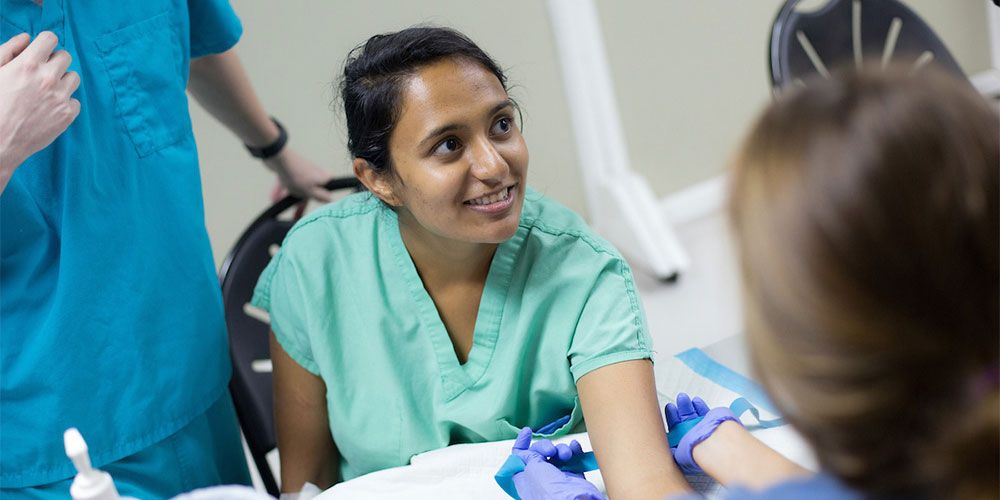As World Thalassemia Day approaches on May 8, it’s essential to shed light on this genetic blood disorder that affects millions of lives worldwide every year. Thalassemia, a hereditary disease characterized by reduced hemoglobin levels in the blood, presents significant challenges for patients and their families. Let’s look into what thalassemia is, its prevalence in India, the challenges faced by those living with it and how doctors approach care for patients, and the importance of World Thalassemia Day.
What is Thalassemia Disease?
Thalassemia results from genetic mutations that affect the production of hemoglobin, the protein responsible for carrying oxygen in red blood cells. As there is a variety of forms of these mutations, there is also a range of severity in the symptoms of thalassemia a person with the trait may experience. Some patients may not have any symptoms, known as thalassemia minor.
Others may have severe complications as a result of the disorder. Individuals with thalassemia major may experience fatigue, anemia, delayed growth, and paleness due to decreased oxygen-carrying capacity in the blood.
Why is thalassemia more prevalent in India?
As a genetic disorder, thalassemia is a hereditary disease and as a result is more prevalent in some regional populations than in others. Mediterranean, Middle Eastern, African, and South Asian populations are particularly affected. India bears a heavy burden of thalassemia disease, with approximately 10,000 children born with the condition each year.
Thalassemia major, the severe form of the disorder, affects around 150,000 children in the country. Additionally, about 42 million individuals are carriers of the beta thalassemia trait, highlighting the need for better public awareness of the disorder and for access to screening.
How is thalassemia cared for?
Living with thalassemia poses numerous challenges, ranging from managing symptoms to coping with frequent blood transfusions and potential complications such as iron overload and increased risk of infections. The physical and emotional toll of the disease, coupled with the financial strain on families, underscores the urgent need for effective treatment and support services.
Prevention plays a crucial role in addressing thalassemia, with genetic testing and counseling offering opportunities to reduce the risk of thalassemia major. For those living with the condition, treatment typically involves blood transfusions, iron chelation therapy, dietary modifications, and nutritional supplements.
As a blood disorder, thalassemia is primarily the concern of highly specialized doctors called hematologists. Hematologists are doctors who are focused on understanding and treating blood disorders. Typically, specialization in hematology begins during residency, the stage of medical training which follows completion of medical school and the MD degree.
Most hematologists complete residencies in internal medicine or pediatrics, and proceed to further specialize during their fellowship years, which come after residency. Hematologists train in both clinical hematology and in clinical research.
Why World Thalassemia Day matters
World Thalassemia Day, observed on May 8th, aims to raise awareness about the condition and advocate for equitable access to treatment. This year’s theme, “Empowering Lives, Embracing Progress: Equitable and Accessible Thalassemia Treatment for All,” highlights the importance of ensuring that individuals from all backgrounds receive the care they need to lead fulfilling lives.
Thalassemia continues to be a debilitating lifelong condition for hundreds of families every year. Going forward, it is imperative that government bodies and private institutions come together to invest in research on newer thalassemia treatment options that can cure the disease in a painless manner.
In particular, investing in gene therapy that can correct the thalassemia-causing gene mutation during pregnancy can be life-changing for families where one or both parents are carriers. On World Thalassemia Day, individuals and organizations everywhere are encouraged to learn about the condition and to do their part towards building a world where children can be freed of this disease.


